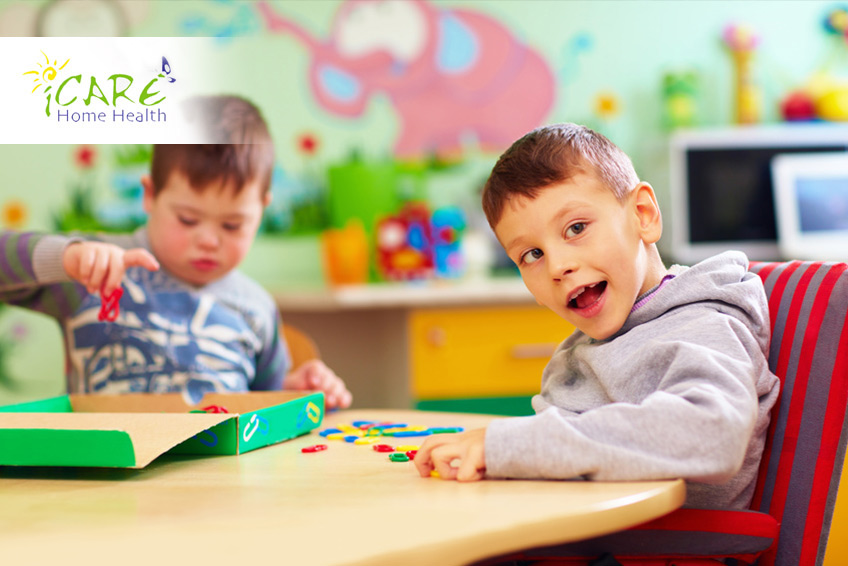Activities For Children With Autism

Autism is a complex neurobiological and developmental disorder that is typically diagnosed in childhood, but can be diagnosed at any age. The most commonly recognized characteristics of autism include an impaired ability to communicate and relate to others socially, a restricted range of activities, and repetitive behaviours, such as following very specific routines.
It can be helpful to use activities to help an autistic child create a bridge to their environment and people they interact with. There are many activity options that can increase social skills, while also helping to strengthen the bond between the child and those around him. Since each autistic child is unique, it is a good idea to try a variety of activities and see which ones help your child focus and engage. The help of premier home care services, therapists, and other specialists who work with autistic children can be a great resource when it comes to learning which activities may be most helpful.
Three Types Of Activities To Try With An Autistic Child
It can be challenging to connect with an autistic child, but working on therapy and educational goals doesn’t have to be a struggle. With some planning and research, you can create engaging sessions that look and feel like playtime for children of any age.
Try the activities suggested below and see which one resonates most with your child.
Sensory Activities
Sensory play creates open-ended opportunities. These type of activities allow random objects and textures to be included with no set agenda for how they are played with. Sensory activities can change how sensations are processed by the brain, which can make it easier for children with autism to participate in everyday tasks. Filling bins with rice, beans, or sand is a good way to start. Sensory play can also be structured to include things like sorting leaf shapes for counting, lining up twigs in size order, or creating shapes with stones.
Visual Games
Using visual cues is sometimes easier for autistic children. In order to help them improve their focus and ability to following direction, try some visual games such as “I spy”. Another effective game to try is to have the child draw a large circle on a piece of paper. Demonstrate a variety of emotions through your facial expressions and then have the child draw the face you are making. Assist them in labeling the emotions, like happy, sad, or angry.
Physical Activities
Physical activities can be more challenging for children with autism due to limited motor function and increased stimuli that often occurs during exercise or sports. However, research has shown that physical activities can improve negative behaviours in autistic children, as well as improve their balance, flexibility and agility – making it easier for them to participate in other life activities. Helpful activities include:
- Dancing
- Swimming
- Taking a nature walk
- Yoga
Find The Right Support To Help
Every child with autism is different, so include activities that involve their likes and dislikes in order to make your time together successful. Autistic children often need extra support in order to help them learn and feel comfortable in the world around them. Premier home care services or other forms of professional support can be an excellent option for families with an autistic child. It can be difficult for the parents of autistic children to have the time or expertise to prepare and deliver beneficial activities, so seeking out assistance is recommended.
iCare Home Health is here to help. With services such as recreation therapy, personal support at home, and much more, we’d be pleased to complete a complimentary assessment and let you know how we can support your family. Contact us to find out how we can help you

